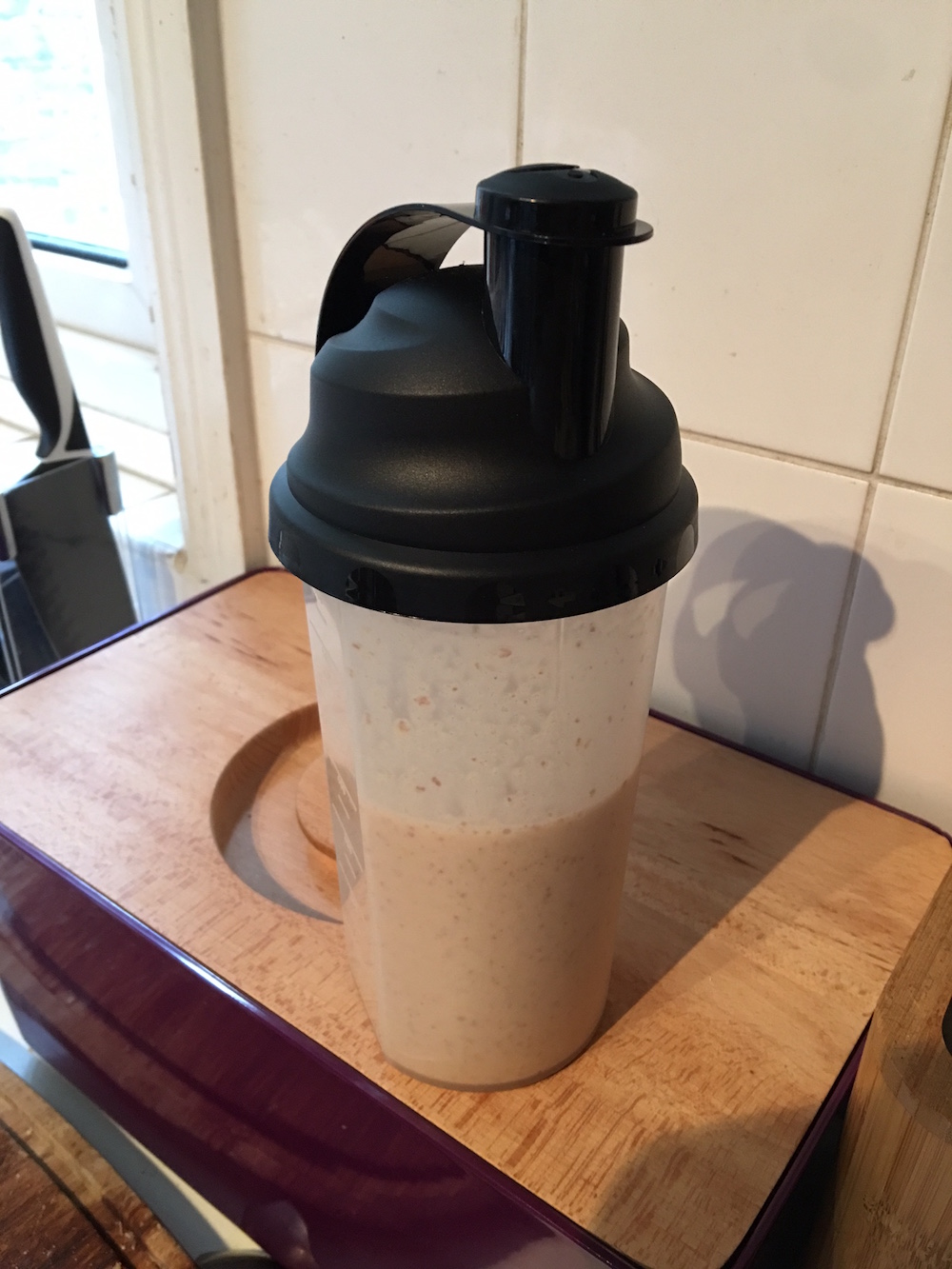I came to the decision a while back that I ought to use this thing to write more. Not a regular journal, but to take a little time to use it to mark interesting or unusual things that happen.
I resisted doing that for a long time, because the world does not need my hot takes on anything, but it’s also true the the world is understandably not interested. I ceased to be the top search result for my own name a few years back, there being other Alasdair Watsons who have something mildly of note about them.
These days the most common visitor to this blog is me, trying to look up something I’ve forgotten, but am reasonably sure I made a note of a few years back. So I’m fine with writing things up just for my own future benefit.
Right now, it seems unlikely that any of us will forget the Spring of 2020, but I wonder if I’ll be saying the same thing a few years from now. “When was that mad time when we were all stuck at home, and people were panic buying everything and shanking one another for bog roll in the supermarkets? Was it 2020, or 2021? What did we do?”
So, a short record of an unexpected turn of events, that has Miranda working upstairs, and me working in the living room, and almost everyone we know not leaving the house except for important things. A state of affairs we expect to last for the forseeable future – weeks, certainly, and possibly months.
This is all a virus science has designated COVID-19, one of a family called coronaviruses. (I take the time to write that out because it’s already winding up my inner pedant that people are referring to “the coronavirus”, to the point that Miranda has been told not to use the term COVID-19 on her work social media, because people misunderstand what it is.) It’s a highly contagious fucker, and for 90% of people who catch it, the virus results in a cough, and a fever. A flu, but not the end of the world. But for between something like 1-5% of people who catch it, it requires hospitalisation and serious help to recover. The elderly, the infirm, and those with underlying respiratory conditions are “at risk”.
Hilariously, this includes me, on the grounds of asthma. That would honestly be funny, if I didn’t know plenty of folk with more serious asthma than I or with other health issues, who are legitimately at risk.
The solution to this is, at present, “social distancing”. This means working from home for anyone who can (which is most of my friends, with our computer-based office jobs) and no going out to pubs, gyms, restaurants, cinemas, or anything fun. Schools are closed to all but the children of keyworkers from the end of this week, and it’s impossible they won’t re-open this side of the academic year. No human contact outside the household that is not absolutely necessary, is the idea. It may yet become more draconian than that, with all non-essential shops shut, and only supermarkets and chemists open.
This outbreak started in China, about three months ago. It’s taken them until this week, and a near total shutdown to get the spread under control, and the rest of the world is now following suit with lockdowns. So it’s not actually mad to say it could feasibly be June before we’re all allowed out halfway normally again.
At the moment, Miranda and I pop to the shops once a day, doing our best to maintain a distance of 1 meter from all other humans. (This is apparently not possible in Tooting, judging by the number of times people barged in to me.)
The shops contain almost nothing. Our shopping list today amounted to milk, flour and yeast. We got the milk. And some wine, because there’s nothing else to do but drink in the evenings.
OK, that’s not true – we have more telly than god – but still. People are panic buying everything. It’s kind of mad. I’m actually contemplating getting up early tomorrow, just to see what the supermarkets look like at 8am, because they’re empty at lunch.
I’d more or less stopped doing a “weekly shop”. I’d gotten used to keeping a few days ingredients, and store-cupboard staples in the house, and basically just buying what I needed, when I needed it. That option has temporarily vanished. Now, I’m sort of wandering about dazedly, seeing what’s there, and thinking of things to do with it.
We’re in no danger of not getting food at the moment. This would have to worsen several steps (and it might, but probably not, judging from other countries) before that was a problem. But we’re definitely having trouble getting pasta. And rice. And flour. And anything that the supermarkets get delivered on a less-than-daily basis.
Personally, I reckon it’ll be the back end of next week before this becomes “the new normal”, and the panic-buying stops. After that, well, who knows? The economic cost of this is going to be staggering, and who knows what the world will look like in a year’s time….







